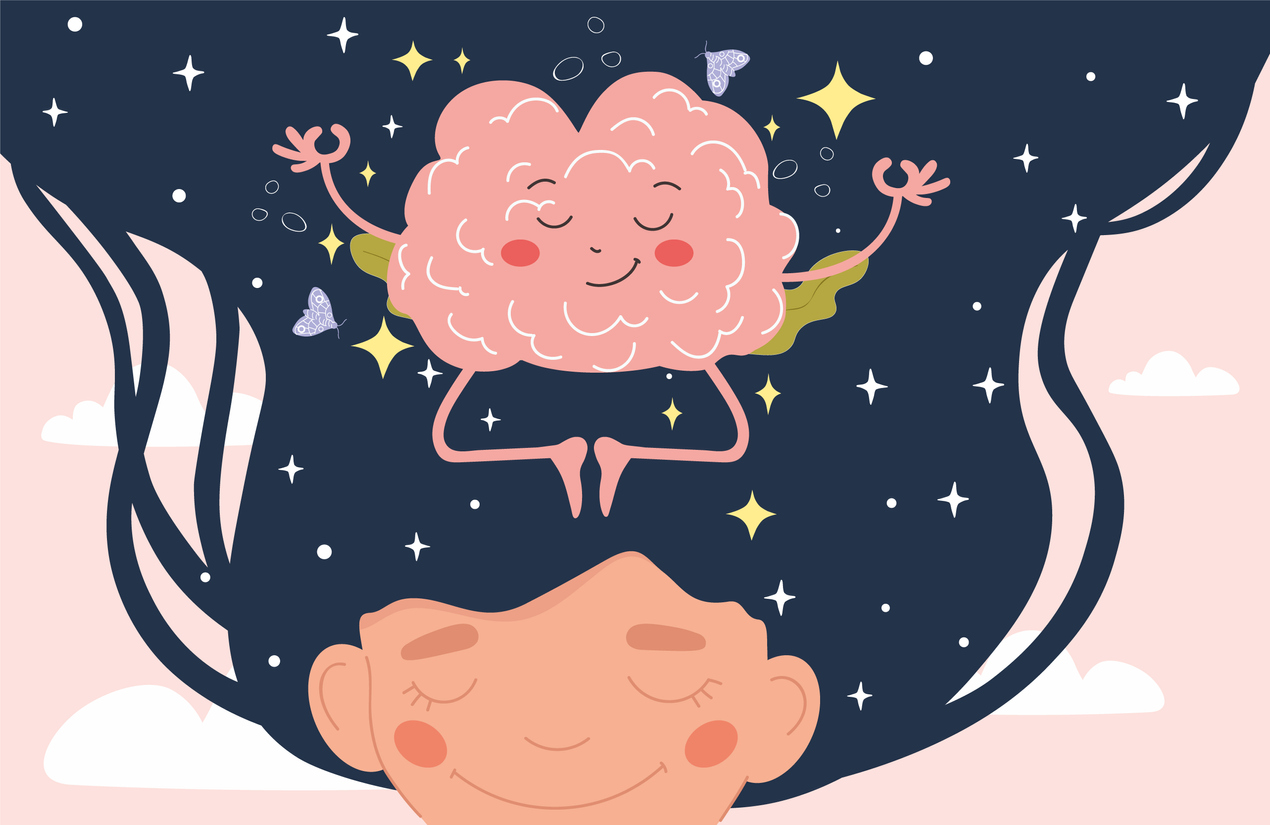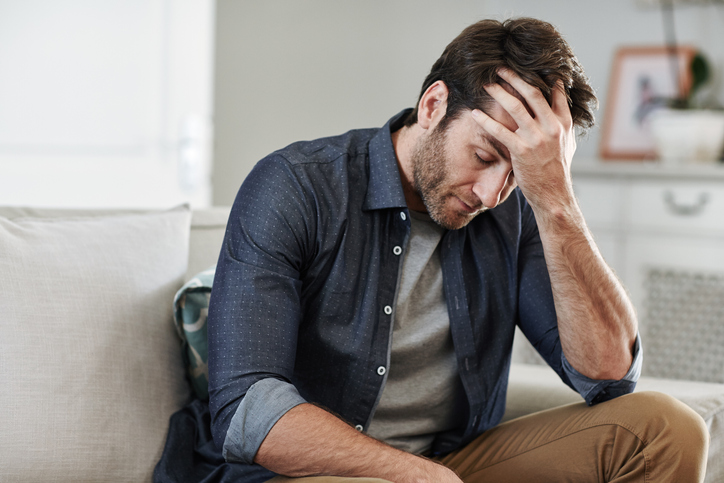Living with Chronic Pain
Tips for Managing Depression Associated With Chronic Pain

Chronic pain and depression often occur together. Because of the nature of chronic pain and its residual ramifications — the unpredictability, social isolation, financial burdens and loss of independence — it can often lead to depression. Unfortunately, depression also intensifies chronic pain symptoms. Depression often goes undiagnosed in individuals with chronic pain conditions, which leaves it untreated. Several tips to manage depression associated with chronic pain include the following:
Communication
Physicians treating chronic pain conditions may not assess individuals for depression. Individuals should share any symptoms of depression with their health care provider in order to receive proper treatment.

Medication
Antidepressants can help relieve depression but may take several weeks to take effect. They should be taken as prescribed and at the same time each day. Antidepressants should not be stopped suddenly and should only be discontinued under the care of a physician. It is important to be patient as it often takes time to find the right medication and proper dosage as everybody responds differently.

Identification of stress triggers
Individuals should identify and avoid as many stressful triggers as possible. Using relaxation techniques can help establish a peaceful mindset. Meditation and talk therapy can refocus negative energy. Asking trusted friends or family members for help when chronic pain interferes with daily activities also helps to ease stress.

Lifestyle changes
Healthy eating can improve depression and chronic pain symptoms; whereas, alcohol and illicit drugs can worsen depression. Establishing a regular sleep routine can also reduce depression symptoms.

Exercise
Physical activity may help ease depression and chronic pain symptoms. Even a short walk releases feel-good endorphins which enhance the sense of well-being.

Psychological-based therapies
Talking with a therapist or other mental health professional often helps ease depression. Individuals should be open and honest about their feelings and symptoms. Several psychological-based therapies are available to treat depression.



















